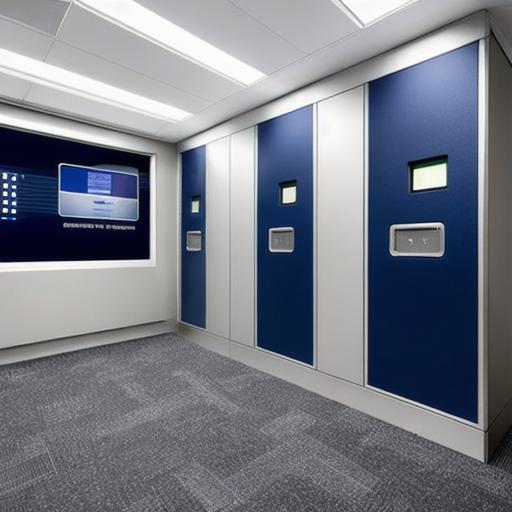Subtitle: Enhancing Collaboration, Security, and Compliance in Financial Transactions
Introduction:
In today’s fast-paced business environment, the need for secure, efficient, and compliant financial transactions is paramount. Enter data rooms – virtual or physical spaces designed specifically for storing, sharing, and managing sensitive documents and information. In response to your question about the benefits of using a data room for finance purposes, let’s explore how these solutions can unlock efficiency, collaboration, security, and compliance in your organization.

-
Enhancing Collaboration:
Data rooms facilitate seamless collaboration between teams and external parties involved in financial transactions. Features such as document access control, real-time commenting, and version history enable all stakeholders to work together more effectively. For instance, during a merger or acquisition process, data room tools allow due diligence teams to review documents simultaneously, expediting the entire process. -
Improving Security:
Data rooms provide robust security measures to protect sensitive financial information from unauthorized access, leakage, and misuse. Implementing advanced features such as multi-factor authentication, encryption, and access logs ensures that only authorized individuals have access to critical data. For example, during a capital raise campaign, data room security helps maintain the confidentiality of investor information, ensuring regulatory compliance and protecting sensitive business data. -
Streamlining Compliance:
Data rooms enable organizations to maintain compliance with various financial regulations such as GDPR, HIPAA, and SOX. They offer features like granular access controls, auditing capabilities, and version history that help organizations track and demonstrate adherence to regulatory requirements. For instance, during an audit process, data room tools can provide a clear record of who accessed which documents, making the process more efficient and less burdensome. -
Boosting Efficiency:
By centralizing financial information in a secure, easily accessible platform, data rooms help streamline business processes and boost operational efficiency. Features like document tagging, search capabilities, and automated workflows allow users to quickly locate and manage financial documents. For example, during a fund administration process, data room tools can enable the efficient organization, tracking, and distribution of critical documents among various stakeholders.

Conclusion:
In summary, data rooms offer significant benefits for finance professionals by enhancing collaboration, improving security, streamlining compliance, and boosting efficiency in financial transactions. By leveraging these advanced solutions, organizations can unlock new opportunities for growth, reduce risk, and maintain a competitive edge in their industry. In response to your question, using a data room for finance purposes is an investment that can yield significant returns for your organization in terms of time savings, increased security, improved collaboration, and streamlined compliance processes.
